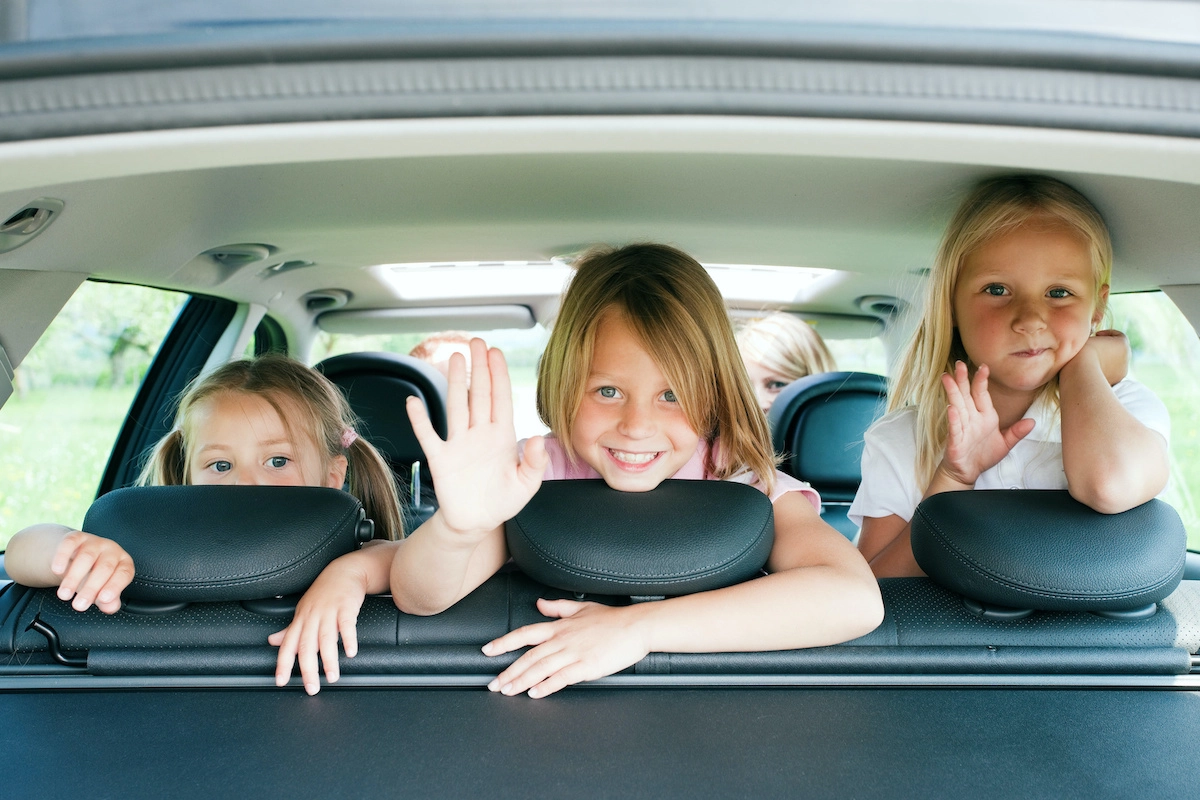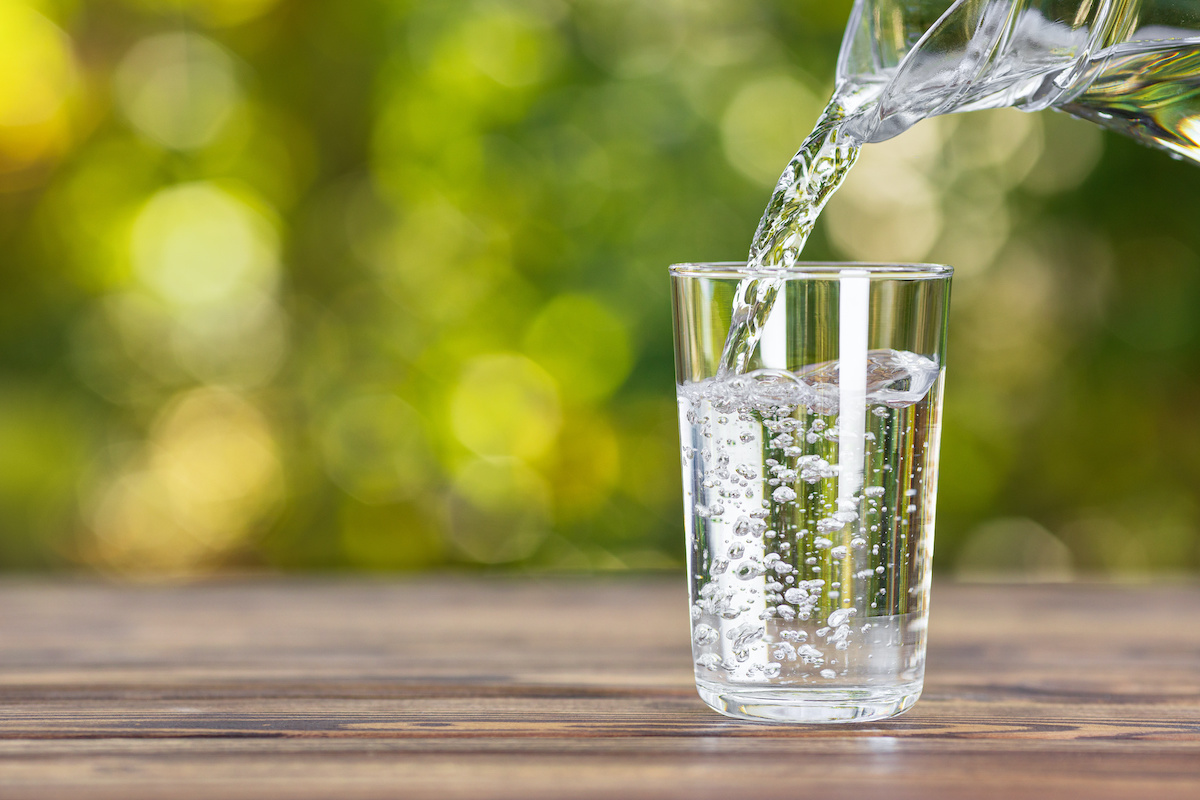
As you’re planning a road trip, or a family vacation during this summer, keep in mind that this is the time of year when the most childhood injuries and accidents occur. While it’s fun to play outdoors in the summer, it’s important to make sure your children are staying safe and alert. Parents, grandparents, child caregivers, are encouraged to learn more about what can be done to prevent injuries and death and help raise public awareness of safety. As you spend time with your family over the summer break, take action by following these tips:
- Prevent heatstroke. Heatstroke is a severe form of heat illness that occurs when the body cannot regulate its own temperature. This can happen when a child is left inside a car on a hot day or is performing extreme physical activity and not drinking enough water. Symptoms of heatstroke include headache, nausea, flushed skin, and rapid breathing. You can prevent your kids from getting heatstroke by making sure they drink plenty of water, wear light colored clothing, and teach them to come indoors as soon as they feel overheated.
- Keep kids safe in parking lots. Parking lots are dangerous, and it only takes a few seconds for a tragedy to occur. It’s clear that many drivers are not paying vigilant attention to their surroundings, making parking lots a serious safety issue for children (as well as adult pedestrians). Look around for vehicles and teach your child to look around for cars. Drivers have trouble seeing kids, but kids often assume if they can see the car, then the driver can see them. Make it clear that it’s never OK to play games or act silly in parking lots.
Never let your children play near parked cars.
Always have your child hold an adult’s hand.
Teach the STAR Method: Kids do well with easily memorized phrases, so if your child is likely to understand an acronym, teach the STAR method:
- S: Stop and stand still when you get out of the car.
- T: Touch a designated place on the car and wait.
- A: Pay attention to what’s going on around you and listen to your parent.
- R: Be ready to grab a parent’s hand when they tell you it’s time to go.
- Never let kids swim alone. It’s extremely important that parents closely supervise children in the water, whether at the pool, lake, or beach. Even if children are swimming in your own backyard pool, it only takes seconds of looking away for an accident to occur. Always remain at least an “arm’s length” away from small children so you stay within immediate reach. If your children are not strong swimmers, it’s a good idea to provide them with personal flotation devices, but you still must keep an eye on them at all times.
- Have an emergency plan. When traveling with your kids to a new and unfamiliar location, it is possible for your children to get separated from you, especially when in a crowded location like a theme park or zoo. Come up with a plan for your kids in case they ever get lost and practice going over it with them, so they’ll be prepared in case of an emergency. Let your children know to seek help from an employee and stay away from strangers. Have your child memorize their name, parent’s name(s), address, and phone number so they will know how to contact you in case of separation.
- Make sure they’re strapped in correctly. If you have small children traveling with you in the car it’s important to check that they are seated and strapped in correctly. It’s advisable to have your child in an age-appropriate card seat until age 7 or 8. All children age 5 and younger are required to have a child restraint device and must use vehicle safety belts properly. Parents can get a ticket for having kids in the backseat who are not properly secured, and this can be extremely dangerous if a car accident occurs. Always check with your child’s car seat manufacturer to make sure you are correctly buckling them in.
- Keep an emergency road kit. If you’re traveling by car this summer, be prepared for emergencies with a road kit stored in the trunk at all times. Keep jumper cables, flares, a flashlight, extra batteries, a first aid kit and more. Other necessities like bottled water, a blanket, and nonperishable foods can come in handy in case of car trouble if you get stranded on the highway.
- Keep an emergency phone list. Summer means more outings for mom and dad, and this means more babysitting for the kids. A simple emergency phone list can make a huge difference if something goes wrong. Keep the list in a safe place and easily accessible. Make sure the kids and the sitter know where the list is.








